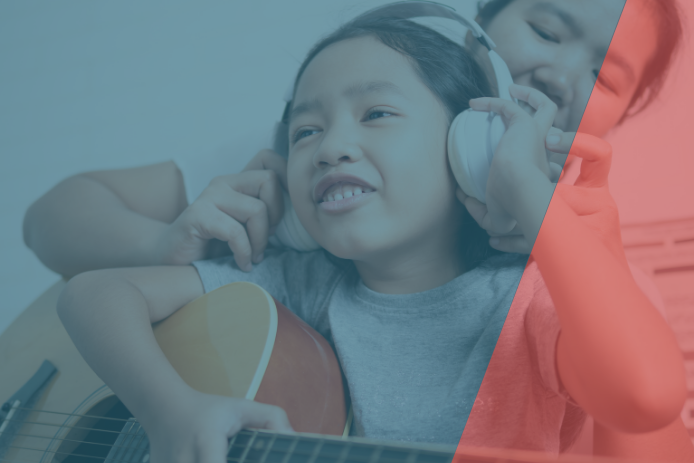Since almost five percent of all students in our nation’s public schools are classified as having specific learning disabilities (SLD), every teacher can expect to find students with learning disabilities in the classroom. Success for these students requires a focus on individual achievement, individual progress, and individual learning. Despite obstacles, recent research tells us that we can teach these students how to learn. We can put them into a position to compete!
Specific strategies apply to specific learning disabilities and many are outlined here. You will also find tips for working with children who have Attention Deficit Hyperactivity Disorder (ADHD).

Featured Articles & Resources

Reading Instruction: Tips for Teachers
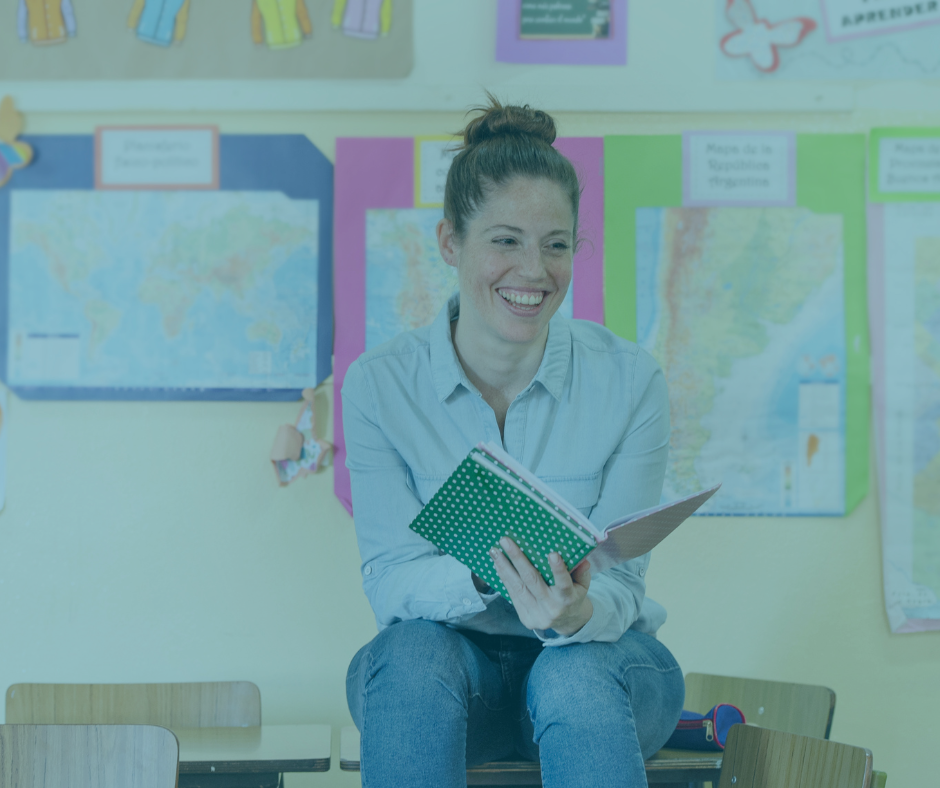
Introducing The Hybrid Teacher: Hope for Students with LD in the General Education Classroom
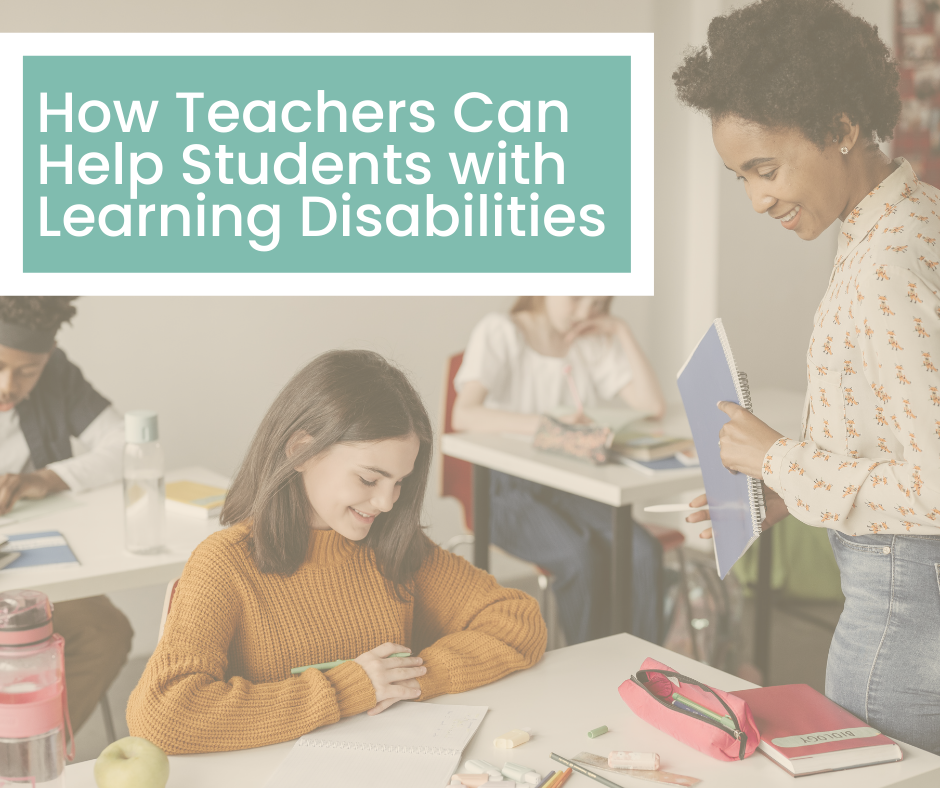
How Teachers Can Help Students with Learning Disabilities

An IEP Meeting Guide for Educators

An Educator’s Guide to Easing Anxiety in the Classroom
New to LD
If you suspect a student in your classroom has a learning disability it is important to know how to accommodate their needs and differentiate instruction. It can be a daunting and complicated task. But don’t despair. LDA is here to help you understand learning disabilities and lead you and your student to the right support systems.

Specific Learning Disabilities
- Dyscalculia
 A specific learning disability that affects a person’s ability to understand numbers and learn math facts.
A specific learning disability that affects a person’s ability to understand numbers and learn math facts. - Dysgraphia
 A specific learning disability that affects a person’s handwriting ability and fine motor skills.
A specific learning disability that affects a person’s handwriting ability and fine motor skills. - Dyslexia
 A specific learning disability that affects reading and related language-based processing skills.
A specific learning disability that affects reading and related language-based processing skills. - Non-Verbal Learning Disabilities
 Has trouble interpreting nonverbal cues like facial expressions or body language and may have poor coordination.
Has trouble interpreting nonverbal cues like facial expressions or body language and may have poor coordination. - Oral / Written Language Disorder and Specific Reading Comprehension Deficit
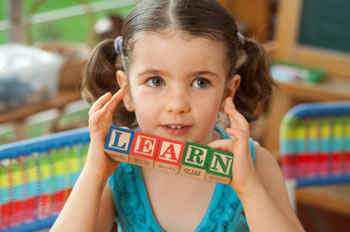 Learning disabilities that affect an individual’s understanding of what they read or of spoken language. The ability to express one’s self with oral language may also be impacted.
Learning disabilities that affect an individual’s understanding of what they read or of spoken language. The ability to express one’s self with oral language may also be impacted.
Related Disorders
- ADHD
 A disorder that includes difficulty staying focused and paying attention, controlling behavior and hyperactivity.
A disorder that includes difficulty staying focused and paying attention, controlling behavior and hyperactivity. - Dyspraxia
 A disorder which causes problems with movement and coordination, language and speech.
A disorder which causes problems with movement and coordination, language and speech. - Executive Functioning
 Affects, planning, organization, strategizing, attention to details and managing time and space.
Affects, planning, organization, strategizing, attention to details and managing time and space.
Support for Educators
- ADD/ADHD
ADHD often begins in childhood and can persist into adulthood. It may contribute to low self-esteem, troubled relationships, and difficulty at school or work.
Symptoms include limited attention and hyperactivity. - Adult Literacy
Adults use many types of literacy tasks associated with work, home and community contexts. This section will help to guide professionals who teach adults in literacy programs as well as the adults themselves who want to start on a path to improve their literacy skills.
- Adults with Learning Disabilities
Workplace, college, and other important information for adults with LD.
- Assessment & Evaluation
Evaluation involves gathering information from a variety of sources about a child’s functioning and development in all areas. It is generally one of the first steps in determining if a child has a learning disability. This section will help parents answer their questions on assessment and evaluation.
- Assistive Technology (AT)
There are specific tech tools that can help people who learn and think differently. A few examples of assistive technology include text-to-speech and word prediction.
- Beyond the Classroom
Information on how toxic chemicals can affect the brain, and other relevant information for children and adults with LD outside of the classroom.
- Core Principles
Learn about the core principles of learning disabilities that LDA uses as the basis to address policy and practice in the field of LD.
- Early Childhood
Early Intervention is important for long-term success for individuals with learning disabilities (LD) and/or ADHD. Early identification includes the evaluation and treatment provided to families and their children under 3 years old who have, or are at risk for having, a disability or delay in speech, language, or hearing. A child can quickly fall behind if speech and language learning is delayed. Early identification increases the chances for improving communication skills. Once disorders are diagnosed professionals can help to remediate and accommodate for success at home and in the classroom.
- Educator Page
Appears on the educator’s resource page
- LD/ADHD Basics
Learning Disabilities (LD) and Attention Deficit Disorder (ADHD) affects millions of children and adults in school and in everyday life. It is a life-long condition. Fortunately, with the right understanding, support, and appropriate interventions, individuals with learning disabilities can become successful students and adults. Learning the basics about LD and ADHD is an important start to getting help. After the signs and symptoms of LD are recognized, the appropriate assessment and evaluation will be needed to determine the right strategies to help the individual.
- Mental Health
- News
Read about current LDA actions and LD issues in the news.
- News Releases
LDA’s press releases on issues affecting individuals with learning disabilities and their families.
- Possible Legal Issues
The American with Disabilities Act of 1990 (ADA) protects adults with disabilities including learning disabilities (LD) in higher education programs and employment. This section contains an overview of how these laws and others can protect the civil rights of adults with LD.
- Post Secondary Options
- Pre-K thru High School
- Professional Resources
- Special Education Services
- Teaching Adults with LD
- Teaching Reading
- Your Voice in Washington
Guides & Booklets
- An Action Guide for ADHD: Next Steps for Patients, Clinicians, and Insurers
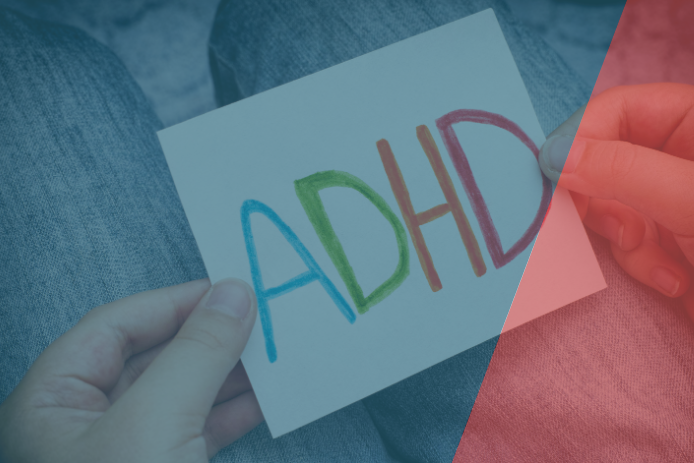 This Action Guide is based on the results of a public review process of treatment options for ADHD.
This Action Guide is based on the results of a public review process of treatment options for ADHD. - Dyslexia Basics, from The International Dyslexia Association
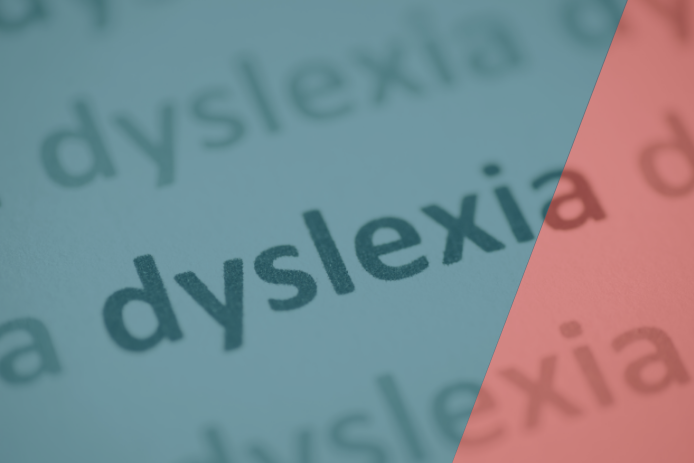 This guide covers the definition and effects of dyslexia, and other information such as signs of dyslexia, how dyslexia is diagnosed, and how dyslexia is treated.
This guide covers the definition and effects of dyslexia, and other information such as signs of dyslexia, how dyslexia is diagnosed, and how dyslexia is treated. - Every Student Succeeds Act, Department of Education
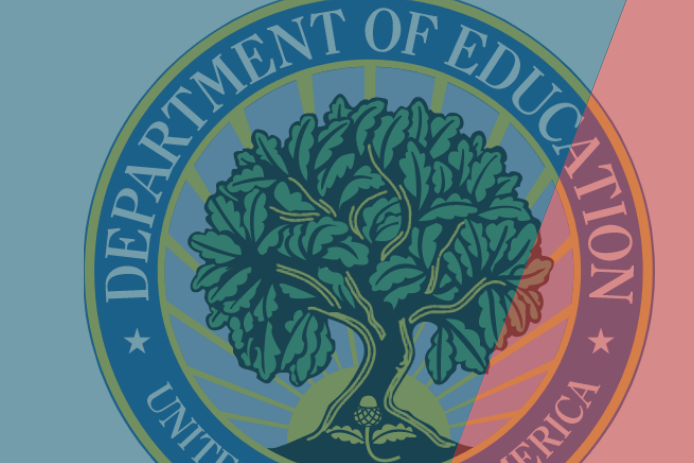 The Every Student Succeeds Act (ESSA) was signed in December of 2015 and ESSA amends the Elementary and Secondary Education Act to provide funding to K-12 schools to ensure a quality public education for all students. ESSA authorizes funds for professional development, instructional materials, resources to support educational programs, and for promotion of parental involvement. ESSA replaced the No Child Left Behind Act of 2002.
The Every Student Succeeds Act (ESSA) was signed in December of 2015 and ESSA amends the Elementary and Secondary Education Act to provide funding to K-12 schools to ensure a quality public education for all students. ESSA authorizes funds for professional development, instructional materials, resources to support educational programs, and for promotion of parental involvement. ESSA replaced the No Child Left Behind Act of 2002. - How are Learning Disabilities Diagnosed? National Institute of Health
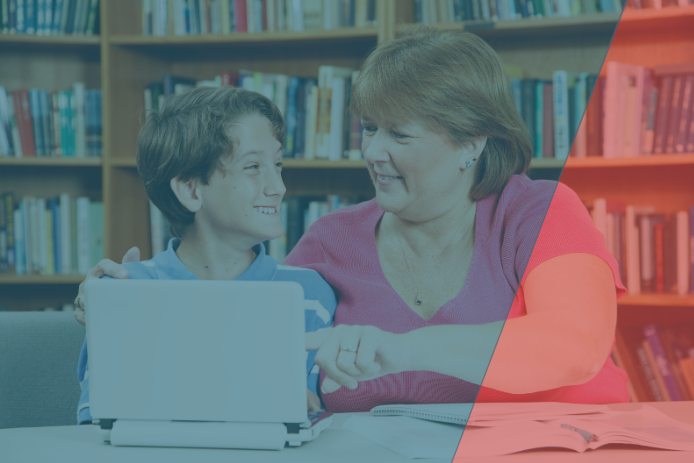 Last updated: 9/11/2018, National Institute of Health.
Last updated: 9/11/2018, National Institute of Health. - How to Help Kids with Memory Issues, Child Mind Institute
 By Rae Jacobson, writer and content engagement specialist at the Child Mind Institute.
By Rae Jacobson, writer and content engagement specialist at the Child Mind Institute. - Identifying and Implementing Educational Practices Supported By Rigorous Evidence: A User Friendly Guide
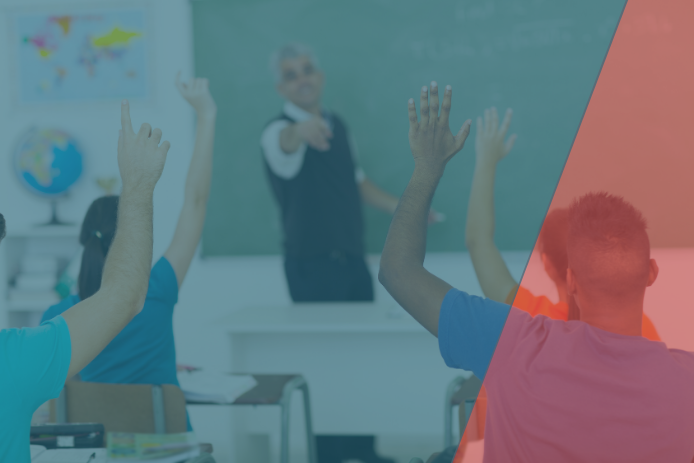 Guide seeks to provide educational practitioners with user-friendly tools to distinguish practices supported by rigorous evidence from those that are not.
Guide seeks to provide educational practitioners with user-friendly tools to distinguish practices supported by rigorous evidence from those that are not. - Identifying and Treating Attention Deficit Hyperactivity Disorder: A Resource for School And Home
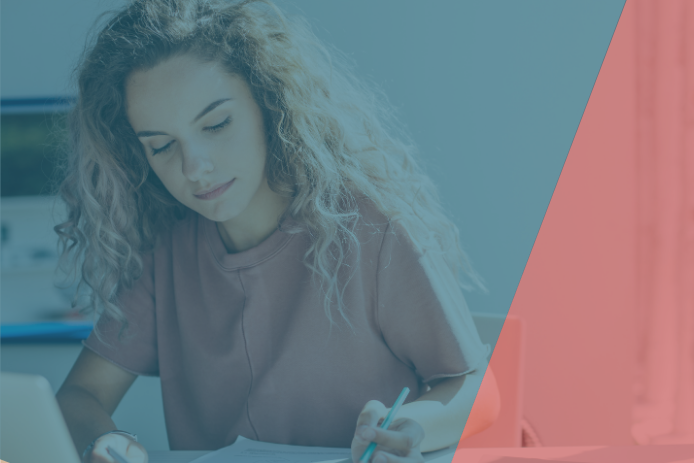 This resource guide designed for families and educators provides information on how (ADHD) is identified and treated.
This resource guide designed for families and educators provides information on how (ADHD) is identified and treated. - Introduction to Learning Disabilities, National Association of Special Education Teachers
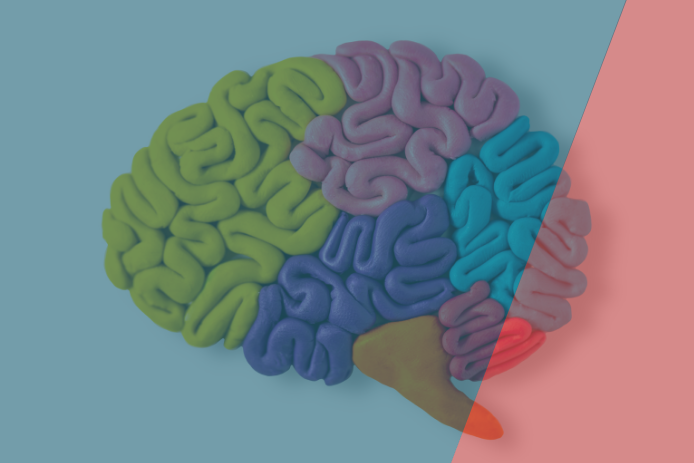 This publication from NASET breaks down the definition of learning disabilities, dispels common myths about learning disabilities, provides history of the field of learning disabilities, and more.
This publication from NASET breaks down the definition of learning disabilities, dispels common myths about learning disabilities, provides history of the field of learning disabilities, and more. - Questions Parents and Educators Can Ask to Start Conversations About Using Terms Like Learning Disabilities, Dyslexia, Dyscalculia, and Dysgraphia, National Center for Learning Disabilities
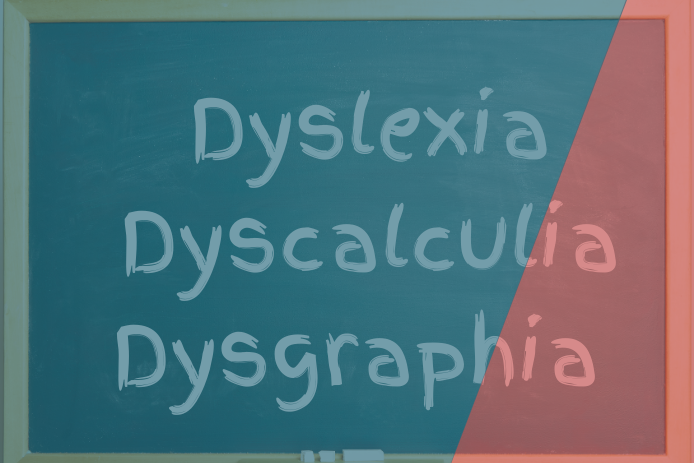 This guide helps parents and educators to navigate using general terms like learning disabilities, and more specific terms like dyslexia, dysgraphia, or dyscalculia.
This guide helps parents and educators to navigate using general terms like learning disabilities, and more specific terms like dyslexia, dysgraphia, or dyscalculia. - Teaching Our Youngest: A Guide for Preschool Teachers and Child Care and Family Providers
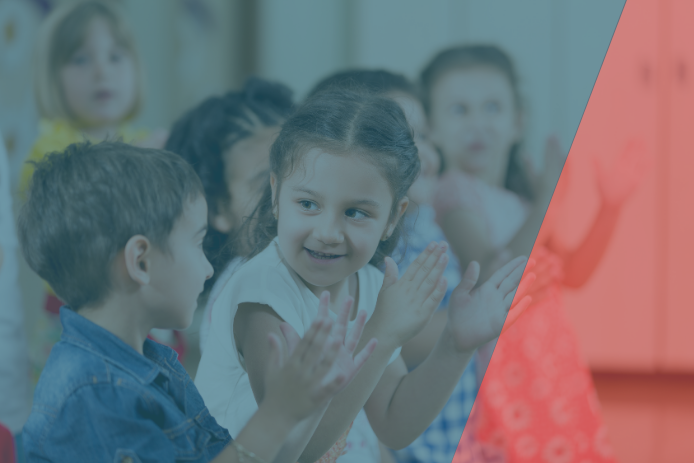 This booklet describes what can be done to help children to develop their language abilities, increase their knowledge, become familiar with books and other printed materials, learn letters and sounds, recognize numbers and learn to count.
This booklet describes what can be done to help children to develop their language abilities, increase their knowledge, become familiar with books and other printed materials, learn letters and sounds, recognize numbers and learn to count. - Understanding Dysgraphia, from The International Dyslexia Association
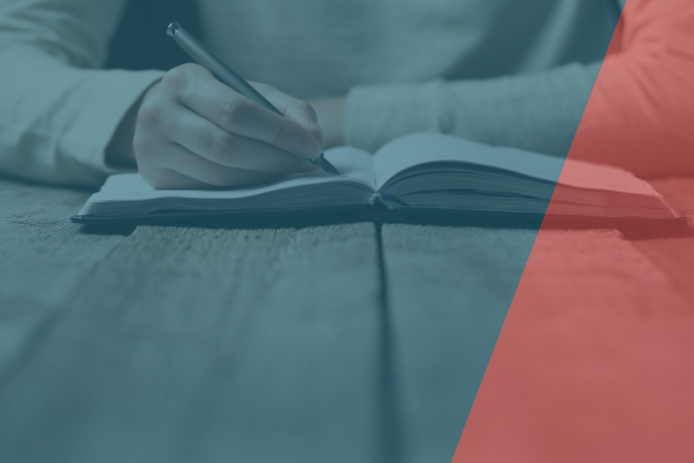 This guide from the International Dyslexia Association breaks down dysgraphia, and provides information on instructional activities and strategies to help individuals with dysgraphia, if dysgraphia occurs alone, and more.
This guide from the International Dyslexia Association breaks down dysgraphia, and provides information on instructional activities and strategies to help individuals with dysgraphia, if dysgraphia occurs alone, and more. - What is Auditory Processing Disorder, Child Mind Institute
